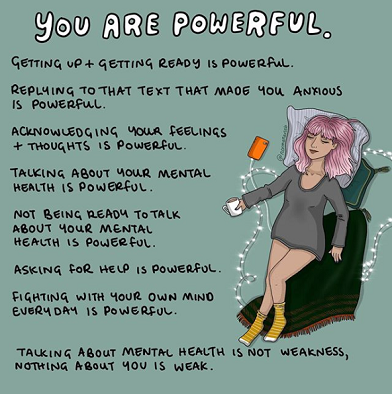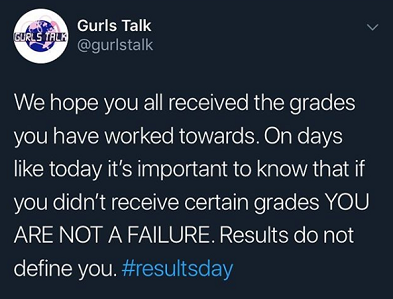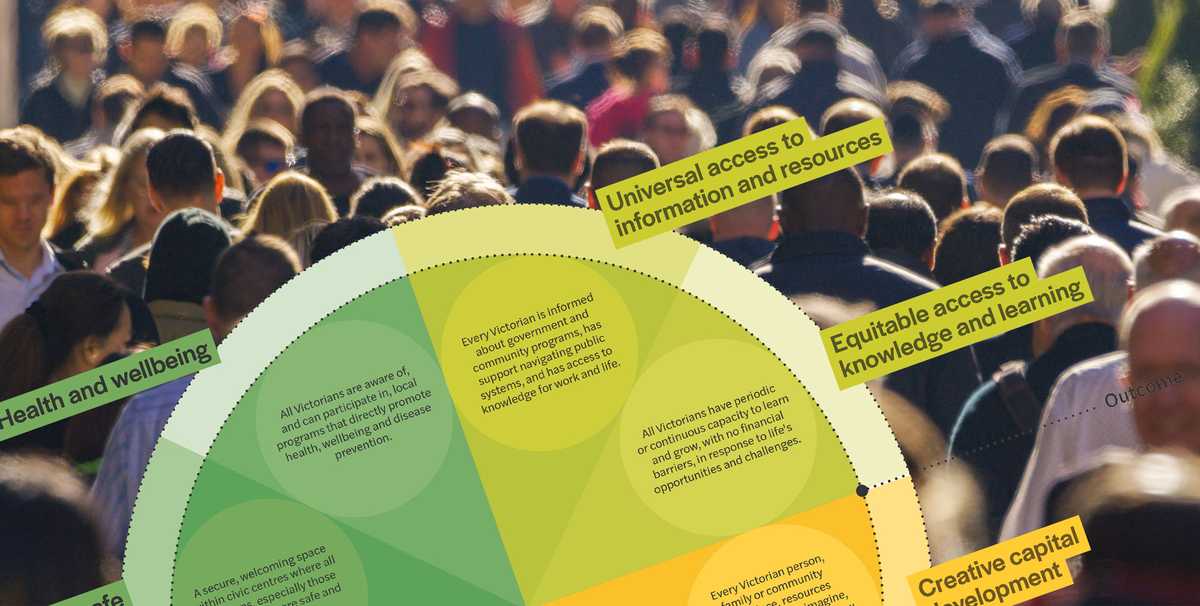
They’re the generation defined by tech, culture, fluidity and contradiction. A deeply divided group, yet more united and connected than any of their predecessors have been before. A walking, living, breathing paradox who are basically going to take over the world.
This is Generation Z. Aka iGen, Digital Natives, Gen Tech, The Xanax Generation, Memelords, Mememennials, Post-Millennials, etcetera, etcetera (according to them, anything but Generation Z, thanks).
Loosely defined as those born around 1995 through to 2010, these social media obsessed, social changemakers are basically a polarised group of kids, under 25.
They are anxious, optimistic, competitive, collaborative, individualist, and collectivist. Numbering at about two billion, they are the largest generation ever, the most ethnically diverse in history, and predicted to be the largest group of consumers worldwide by 2020.
Know that there are two of them.
Gen Zers have been connected their entire lives. They have never known a world without the World Wide Web (there are no memories of payphones and letters for these kids). They spend enormous amounts of time online, creating their own paths and new social constructs, prioritising uniqueness, celebrating self-expression and empowerment.
But the commonalities start and end there. Spurred by a sense of individuality, we start to see a split into: Gen Me and Gen We.
Whether you’re a brand, employer, government, or advocacy body, they’re a key audience in the market.
So, whoever you are, it’s time you get online and learn to speak their language. Don’t worry, we spill the tea here for you.
Gen Me: kind of extra and will probably ghost you.
Gen Me represents the vast majority. They are style driven, follow trends, love content and hype, are self-made (think ‘personal brand’), and prioritise individual success over social progress. They consciously live double lives, one filtered (online) and one IRL (in real life). Unsurprisingly, they are quite an anxious bunch.
But rather than talk about it, they look to escape the real-life noise by jumping online, submerging themselves in social media.

You’ll find this group scrolling through Instagram, watching YouTube videos (the most popular social media platform for this generation), sending Snapchats, sharing memes, playing online video games, buying cryptocurrency, attending uber-cool, branded [Instagrammable] events, and living their best [digital] lives.
Want to reach them? Don’t ‘follow’ culture, set your own tone and make it happen. Create opportunities for them to engage, build on their personal brand, and connect with like-minded individuals. And remember to drop the corporate vibe.
But they are thirsty to learn.
It’s not all selfies, hashtags and filters! Gen Me are an intellectual, ambitious bunch, always looking to learn new things, and are seriously challenging the traditional education pathway. They see education as emulation (they are self-made after all) and look to YouTube and Instagram for tutorials and how-to videos from their online celebrity role models. They believe that there’s nothing they can’t learn on social media
That isn’t to say they’ve cancelled institutionalised learning entirely. But if you’re a uni or school, looking to attract more students, you might want to rethink that curriculum from 2010. When it comes to structured education, Gen Me are looking for practical, skills-driven courses over theories and essays, so they can jump straight into a job, or start their own business. Suggestion: ditch those textbooks and give them hands-on experiences IRL. And none of that six-year double degree BS – Gen Me want to learn quickly and efficiently, so accelerated programs are often preferred.
Gen We: the woke AF generation.
Shaking things up for brands and businesses, is Gen We. They’re a new kind of generation, who are compassionate, caring, unafraid and unfiltered. Unlike Gen Me, who focus on self-making to escape reality, Gen We are focused on self-expression and feelings to deal with it. Rather than running away from their problems, they face them head-on, and work together to resolve them. For Gen We, it’s about embracing their vulnerabilities and imperfections, and lifting each other up as a collective. Power to the people!

While they are very much online (they are digital natives after all), Gen We acknowledges the negative effects of social media, raising awareness on mental health issues, and creating safe spaces to talk about it. Gen We uses social media as a platform to fight stigmas, educate their peers on social and humanitarian issues, driving positive change in the world. Five main themes can be identified – mental health, sustainability, inclusivity, rights and safety, and accountability. If you want Gen We to invest in your products and services, social purpose, authenticity, and transparency are key. Be genuine with your content and messaging. Embrace and champion issues (actions speak louder than words), don’t just celebrate it; i.e. don’t be tokenistic because they’ll see right through it.
A new kind of classroom.
In the eyes of Gen We, collective progress is much more important than individual success. Although they are goal-orientated and can see the value in going to uni and getting a job, Gen We are somewhat sceptic of traditional education. For-profit institutions with unaligned values, and the extreme stress and anxiety that can come with the pressures of learning (exams, grades, competitive environments), are things that don’t sit well with this group – and it’s causing a shift in the education sector.

We’re seeing more schools and universities incorporating curriculums and programs that embrace social-emotional learning, and a strong focus on nurturing emotionally intelligent culture on campus. Sustainability and the environment are also becoming a top priority in classrooms (and in the workplace), as is inclusivity, diversity and equality. Gen We are looking for institutions and businesses who value social progress, and lead with best practice.
But don’t just talk about it, show them. If you really want to connect with this group, you need to foster trust and practice what you preach.
TL;DR / in summary.
Generally speaking, if you’re looking to reach Gen Zers you should probably pick a side first. Are you talking to Gen Me, the filtered individualist, or Gen We, the unfiltered collectivist? It really depends on what you’re offering, as well as your end game. And if you want to reach both, you’re much more likely to be effective by targeting them separately, so don’t hold back on the micro-segmentation.

